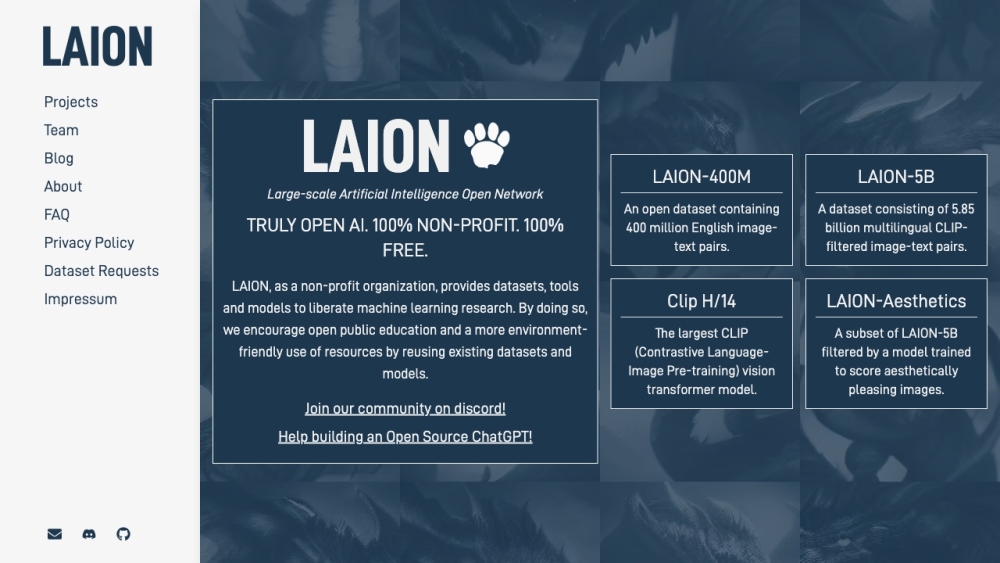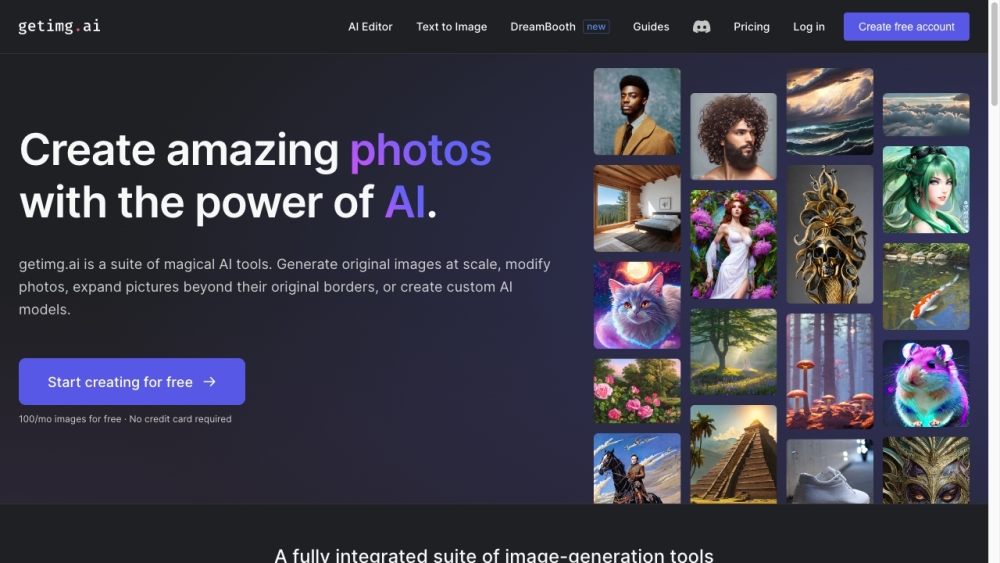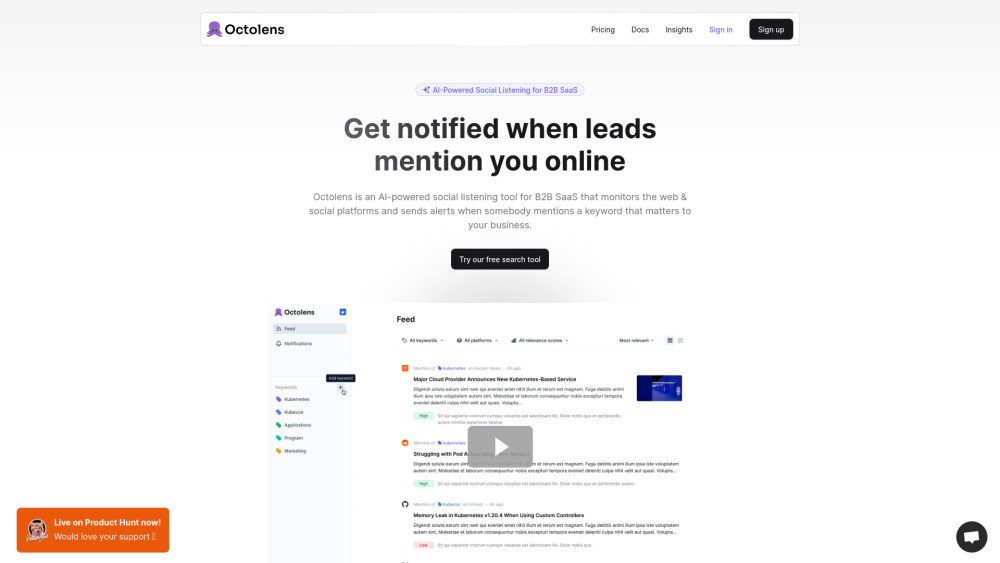Scientists Honored with Nobel Prize for Laying the ‘Foundation’ of Artificial Intelligence
Most people like

LAION offers valuable machine learning resources aimed at enhancing public education and facilitating resource reuse. This initiative supports knowledge sharing and accessibility, empowering individuals and organizations to harness the power of machine learning effectively.

Discover an enchanting suite of AI tools designed for creating, altering, and enhancing images. Unleash your creativity with our powerful features that bring your artistic visions to life.

In today's competitive market, B2B SaaS companies must stay attuned to customer sentiments and market trends. Social listening tools have emerged as essential instruments that empower businesses to monitor online conversations, analyze feedback, and gain actionable insights. By leveraging these tools, organizations can enhance their marketing strategies, improve customer engagement, and drive growth. Explore how social listening tools can transform your B2B SaaS approach for lasting success.
Find AI tools in YBX
Related Articles
Refresh Articles

